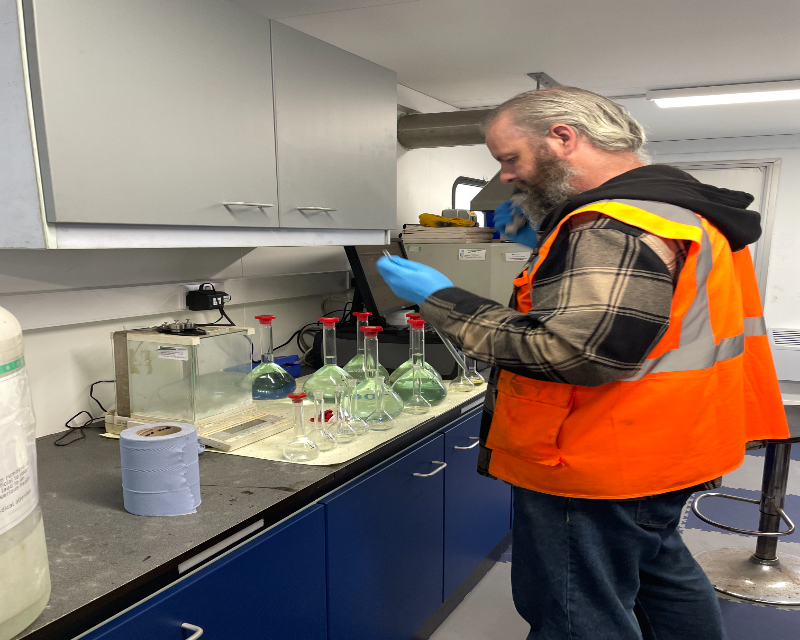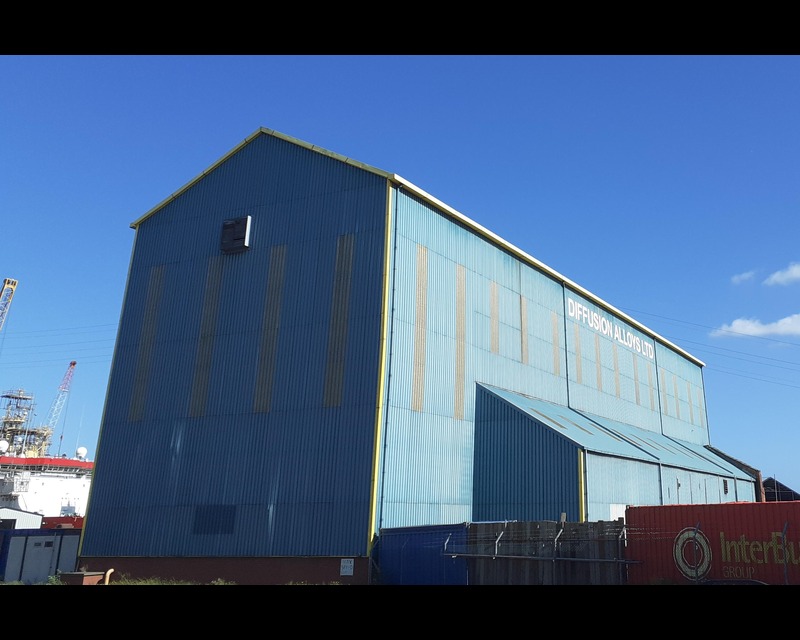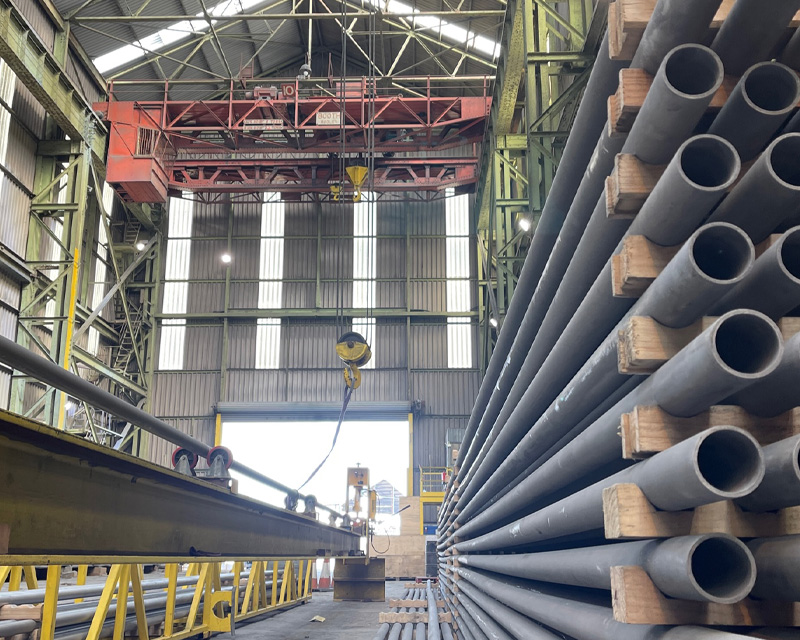
High-Temperature Component Protection from Diffusion Alloys
High-temperature components face a combination of mechanical stress, oxidation, and chemical corrosion that can rapidly degrade unprotected metals.
In sectors such as aerospace, power generation, hydrogen processing, and industrial gas systems, maintaining performance and structural integrity under heat is essential to safety and efficiency. Diffusion coatings provide one of the most reliable and scientifically proven methods for protecting components operating above 600°C. By forming a metallurgical bond with the substrate, they create a stable surface that resists oxidation, sulfidation, carburisation, and metal dusting, extending component life and reducing downtime.
The Problem: Material Degradation at Temperature
Metals exposed to high temperature suffer from:
• Oxidation – Formation of scale layers that reduce heat transfer and eventually flake away.
• Sulfidation and corrosion – Reactive gases attack metal surfaces, accelerating thinning and pitting.
• Carburisation and metal dusting – Hydrogen-rich or carbon-bearing atmospheres cause carbon infiltration and disintegration of steel and nickel alloys.
• Thermal fatigue – Repeated heat cycling leads to cracking and coating delamination in conventional surface systems.
Over time, these mechanisms combine to shorten component life, increase maintenance costs, and risk unscheduled outages.
How Diffusion Coatings Protect
Diffusion coatings solve these problems by changing the composition of the surface itself. Through processes such as aluminising, chromising, and boronising, elements are diffused into the outer layer of the base metal, forming intermetallic compounds that are chemically stable and tightly bonded.
Protective effects include:
• Formation of stable oxide scales (e.g. Al₂O₃, Cr₂O₃) that act as diffusion barriers.
• Prevention of carbon ingress and sulfur attack.
• Improved resistance to erosion and mechanical wear.
• Dimensional stability under prolonged heat exposure.
Because the coating is part of the material, it expands and contracts uniformly with temperature, avoiding the spallation common in sprayed or plated systems.
Applications Across Industry
High-temperature diffusion coatings are used in:
• Turbine blades, vanes, and combustor hardware – Resistance to oxidation and thermal cycling.
• Hydrogen reformer tubes and manifolds – Protection from carburisation and metal dusting.
• Heat exchangers and boiler tubes – Prevention of scaling and gas-phase corrosion.
• Industrial furnaces and reactors – Durability in mixed-gas or high-carbon atmospheres.
• Power and process plant ducting – Long-term corrosion resistance under variable gas flows.
In each case, the coating system is tailored to match the specific alloy, temperature range, and operating environment.
Design and Process Control
The effectiveness of high-temperature coatings depends on precision at every step:
• Material selection – Compatibility between substrate and diffused elements.
• Controlled atmosphere – Ensuring clean, consistent chemical conditions.
• Process time and temperature – Dictating diffusion depth and phase balance.
• Inspection and verification – Metallography, hardness, and microstructural assessment.
Diffusion Alloys employs controlled furnaces and atmosphere systems to maintain repeatable, verifiable coating quality. Every treatment is accompanied by full documentation and traceability, an essential requirement for safety-critical industries.
Performance and Lifecycle Benefits
• Significant extension of component service life.
• Reduced maintenance and downtime.
• Stable performance under hydrogen and high-oxygen atmospheres.
• No flaking or peeling, even after years of exposure.
• Compatible with complex geometries and internal surfaces.
By maintaining surface integrity at temperature, diffusion coatings protect both the performance and economics of high-value assets.
Why Choose Diffusion Alloys
For over six decades, Diffusion Alloys has specialised in high-temperature diffusion coatings for the world’s most demanding industries. Our work supports energy, aerospace, and industrial operators who depend on predictable, repeatable coating performance. We combine metallurgical understanding with rigorous process control to deliver coatings that meet real-world challenges, ensuring the reliability, efficiency, and safety of mission-critical systems.



